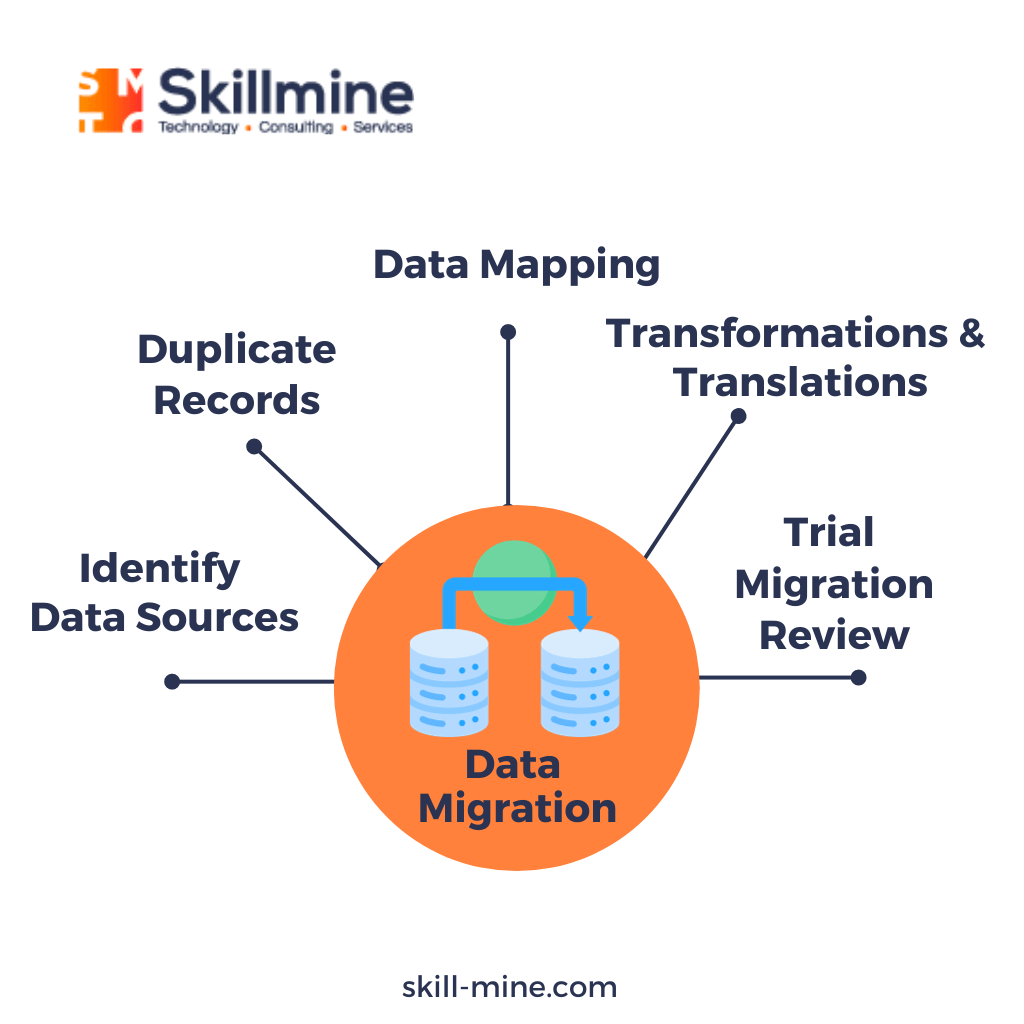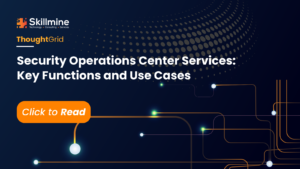Businesses are constantly generating and accumulating vast amounts of data. With the explosive growth of data, organizations are often compelled to adopt new systems or upgrade their existing ones to stay competitive and compliant with industry standards. However, migrating data from old systems to new ones can be a complex and challenging task. According to a study by Gartner, nearly 83% of data migration projects either fail or exceed their budgets and timelines. This underscores the importance of adopting best practices, especially when considering SAP data migration, to ensure a seamless transition.
The Need for Data Migration
The need for data migration is driven by various factors, including system upgrades, mergers and acquisitions, regulatory compliance, and the desire to harness the power of newer technologies. As of 2021, the volume of global data reached a staggering 74 zettabytes, and this number is expected to grow exponentially in the coming years. Handling this data effectively while migrating to new systems is paramount for organizations looking to derive value from their data assets.

How SAP Can Help in Data Migration
SAP, a global leader in enterprise software solutions, provides robust tools and solutions to facilitate data migration. Leveraging SAP’s expertise in data migration can significantly increase the likelihood of a successful transition. Here’s how SAP can assist:
Data Migration Tools
SAP offers specialized data migration tools, such as SAP Data Services and SAP Information Steward, which streamline the migration process, ensuring data accuracy and integrity.
Data Quality Management
SAP solutions can help identify and cleanse data inconsistencies, errors, and duplications during the migration process, resulting in a cleaner dataset in the new system.
Data Mapping and Transformation
SAP provides tools that allow you to map data from the source system to the target system, ensuring that data is properly transformed and formatted for the new environment.
Data Validation and Testing
Comprehensive testing and validation tools help identify discrepancies between source and target data, allowing for necessary adjustments before the final migration. us nec ullamcorper mattis, pulvinar dapibus leo.
SAP Data Migration Best Practices
To ensure a successful SAP data migration, consider the following best practices:
- Plan Thoroughly: Develop a comprehensive migration plan that outlines the scope, objectives, timeline, and resource requirements for the project. Engage key stakeholders early in the process.
- Data Assessment: Conduct a thorough assessment of your data, including data quality, volume, and dependencies. Identify redundant or obsolete data that can be safely eliminated.
- Data Cleansing: Prioritize data cleansing and data quality improvement efforts to ensure that only accurate and relevant data is migrated.
- Data Mapping: Create a detailed data mapping document that clearly defines how data from the source system will be transformed and loaded into the target system.
- Testing and Validation: Rigorously test the migration process in a controlled environment to identify and address any issues before migrating live data.
- Change Management: Develop a robust change management strategy to ensure that users are prepared for the new system and are trained on its functionalities.
- Data Backup: Maintain backups of the original data to mitigate any unforeseen issues during the migration process.
Conclusion
SAP data migration is a critical endeavor for organizations seeking to adapt to changing business needs and leverage their data effectively. By following best practices and leveraging SAP’s powerful tools and solutions, businesses can ensure a smooth transition to new systems, minimize disruptions, and maximize the value of their data assets. With the right approach, data migration can become an opportunity for growth, efficiency, and improved decision-making within your organization. Skillmine’s SAP solutions can help your business simplify the data migration process.
Looking for expert technology consulting services? Contact us today.





